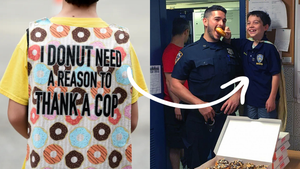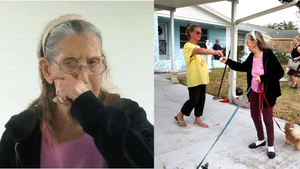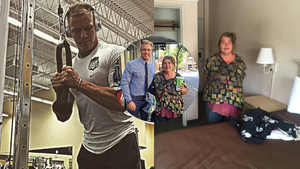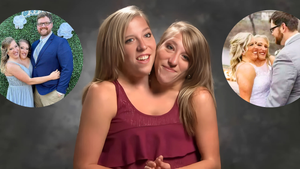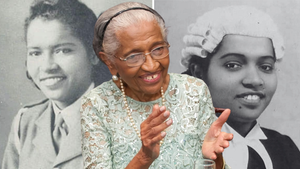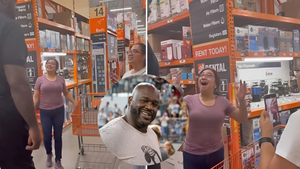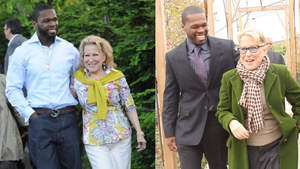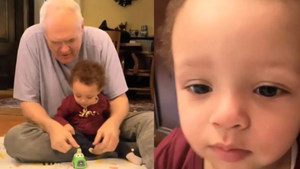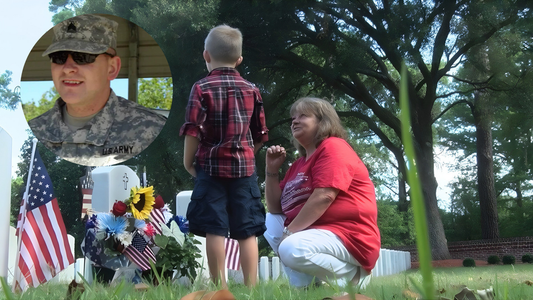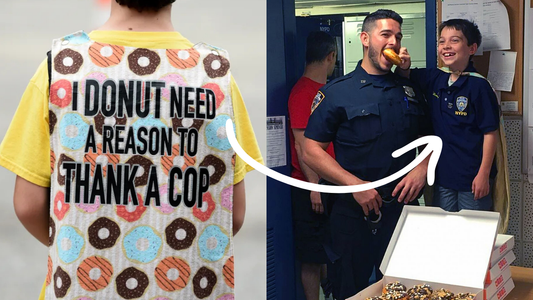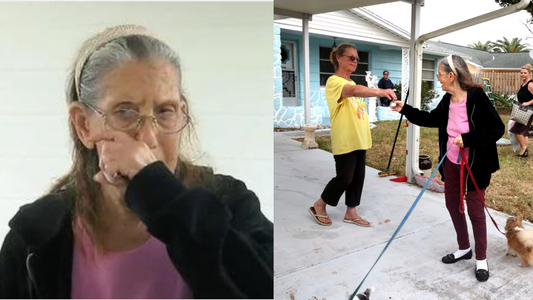Early one Tuesday morning in Clearwater, Florida, Detective Smith of the Pinellas County Sheriff’s Office was walking through a parking lot. The sun was just starting to rise when something unusual caught his eye: a tiny, wide-eyed baby owl sitting alone on the asphalt.
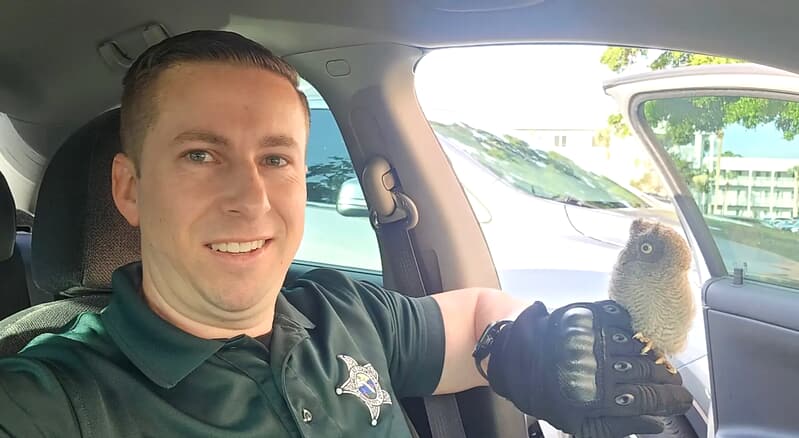
The little Eastern screech owlet was right in the middle of the lot, dangerously close to where cars would soon be driving. The detective didn’t know how the bird got there or how long it had been stranded—but he knew it wasn’t safe.
Waiting for Help That Didn’t Come
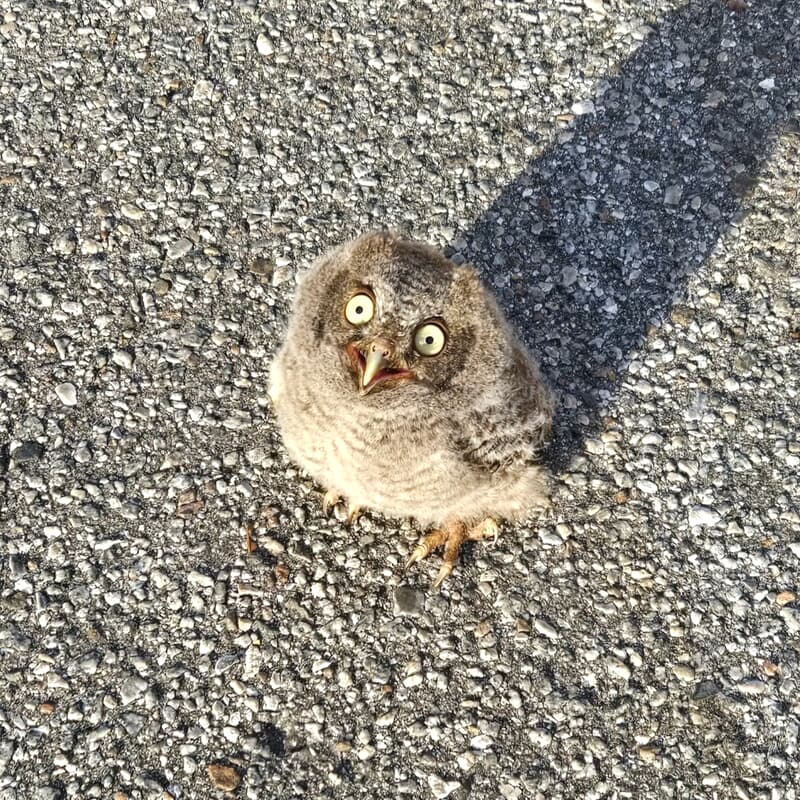
Detective Smith gently moved the owlet to a safer spot nearby and watched from a distance, hoping its parents might return. As more cars started pulling in, time ticked by—but no adult owl ever showed.
It became clear that the baby was likely orphaned. But leaving it behind wasn’t an option.
Calling In the Experts
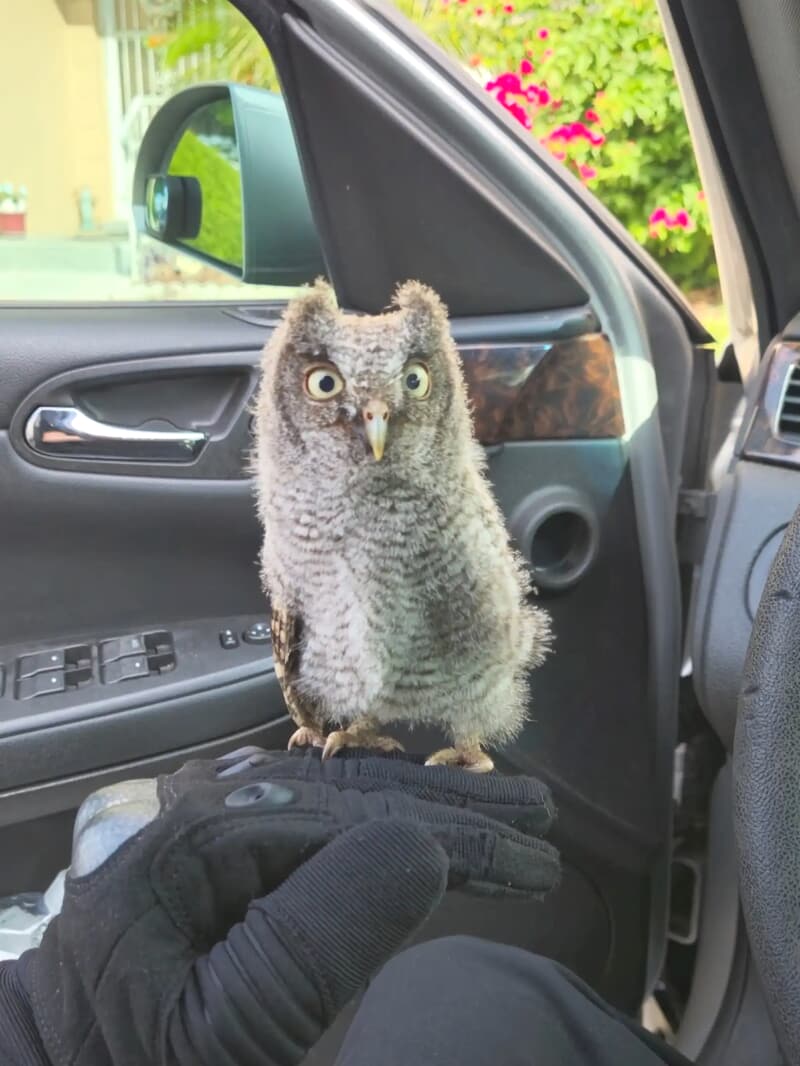
Knowing the bird needed more help than he could give, Detective Smith called the Florida Fish and Wildlife Conservation Commission (FWC). Soon, a trained officer arrived to take over. The little owlet was carefully moved from the patrol car into a wildlife van and brought to a raptor rehabilitation center.
There, a team of wildlife experts would care for the bird, helping it grow strong enough to return to its natural habitat.
A Reminder for Us All
Thanks to one caring detective, the owlet is now safe, healthy, and getting the care it needs. FWC says the bird is doing well and will eventually be released back into the wild—far from busy parking lots.
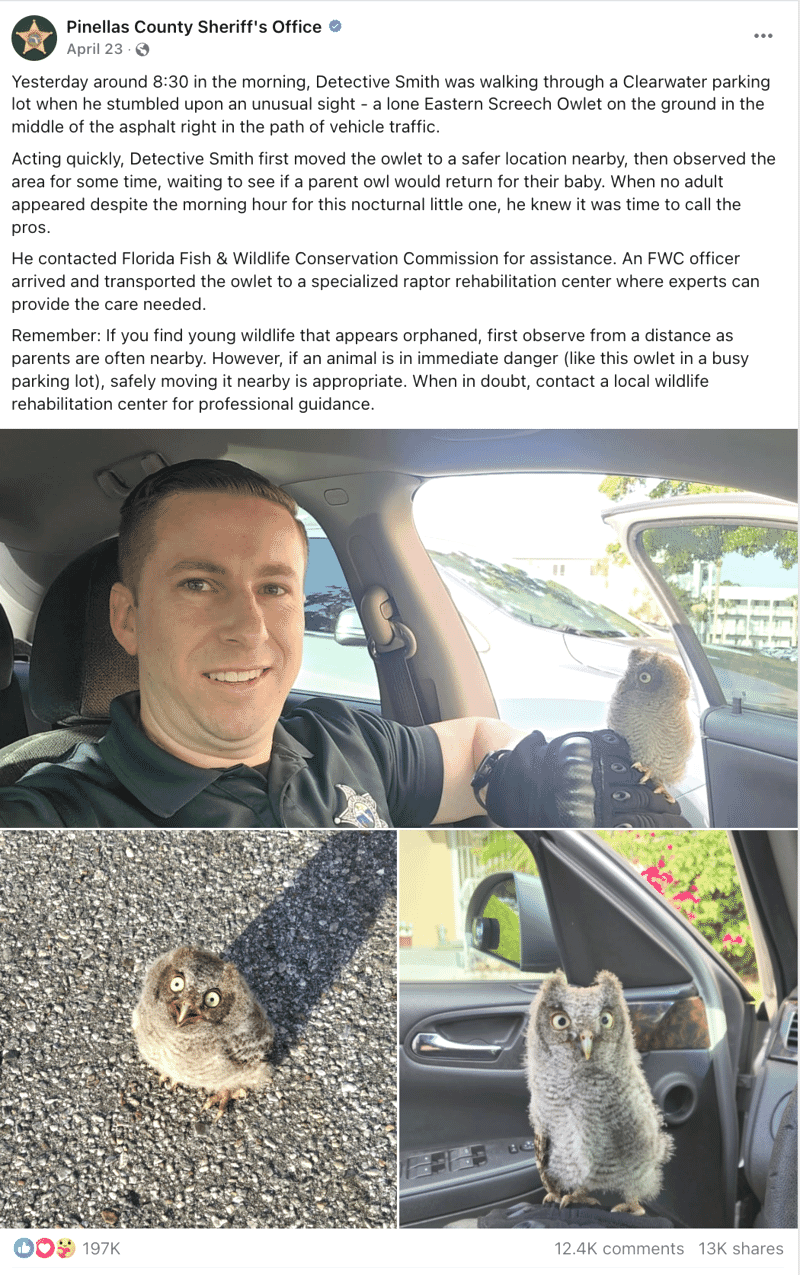
Their team is also using the moment to educate the public. If you find a wild baby animal, don’t rush to intervene. Often, the parents are nearby. But if the animal is in danger—like this owlet was—move it to safety and contact local wildlife experts.
Sometimes, even the smallest lives depend on someone simply stopping to notice—and choosing to help.

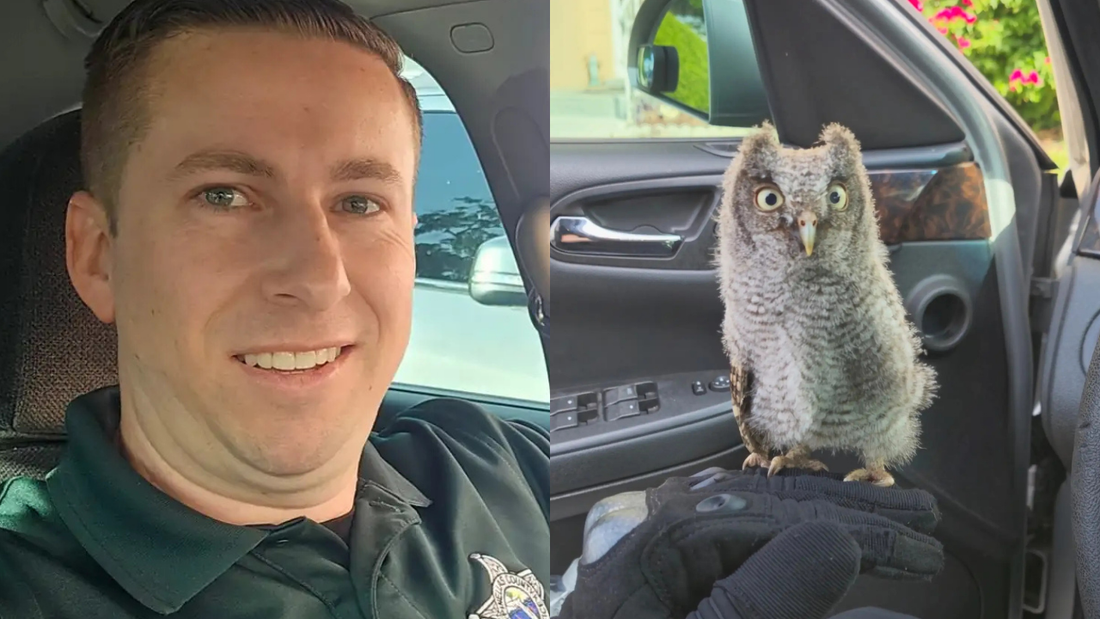
 Share on Facebook
Share on Facebook